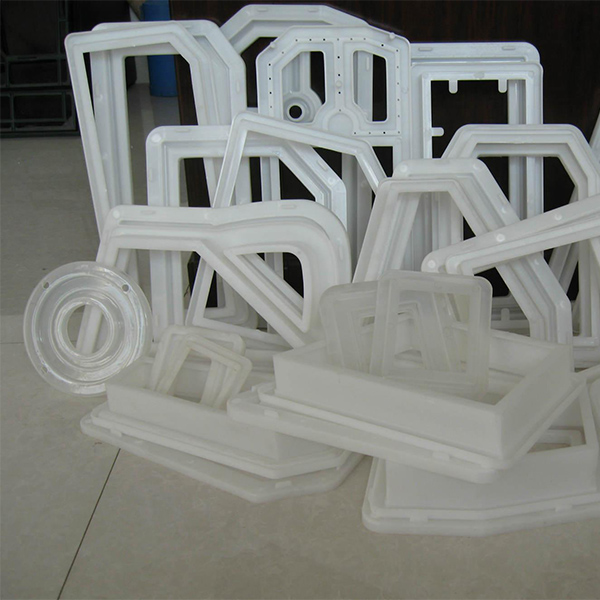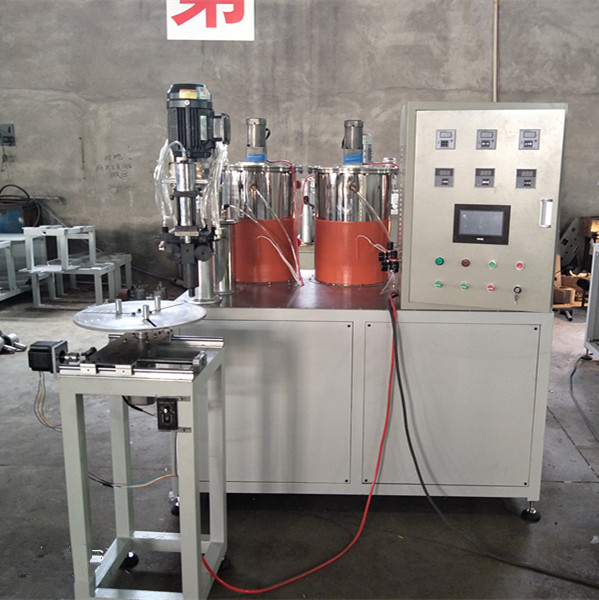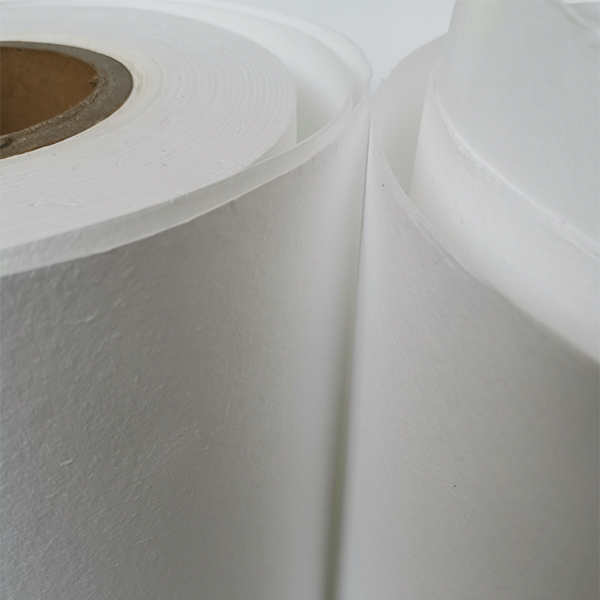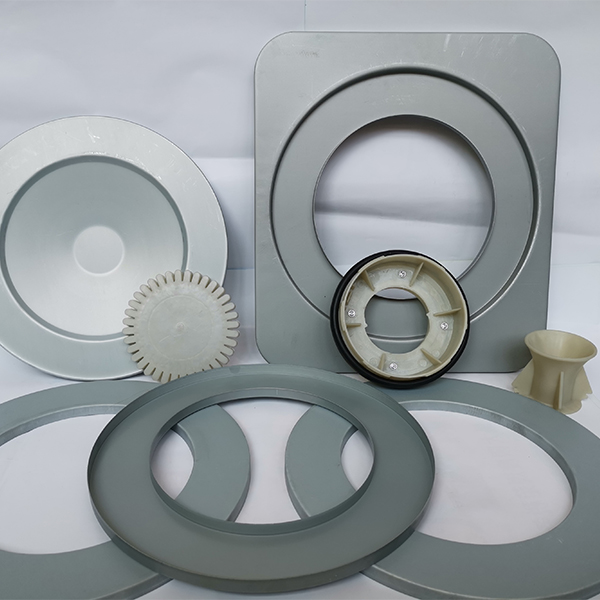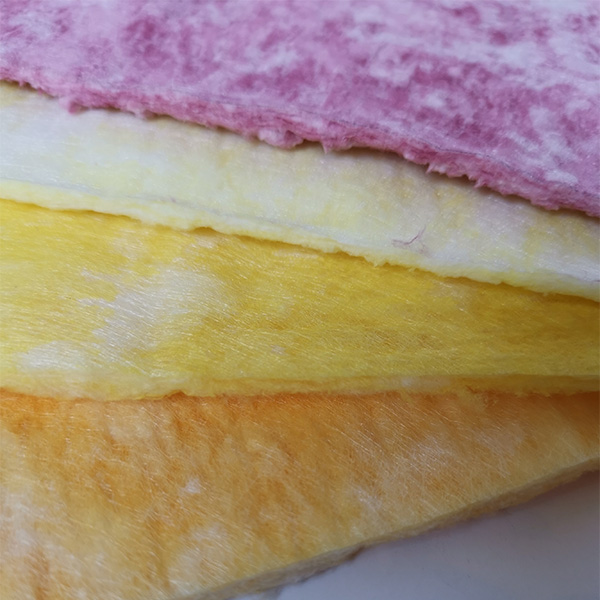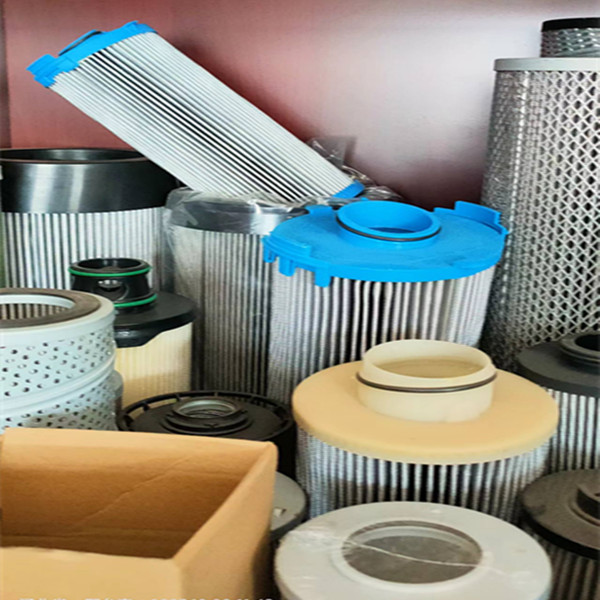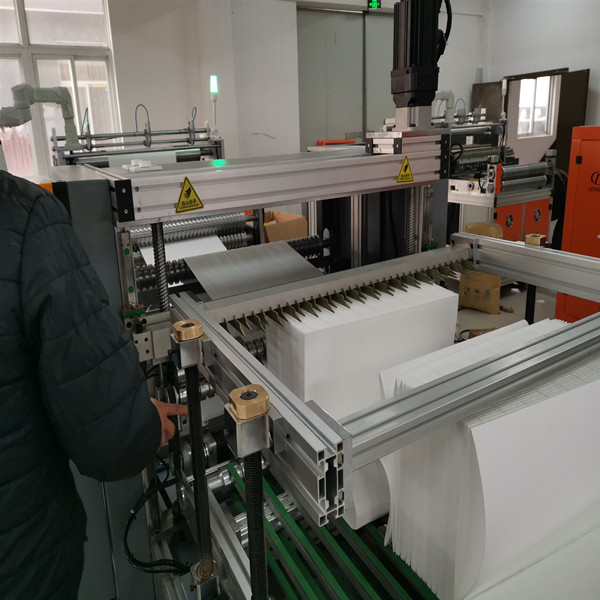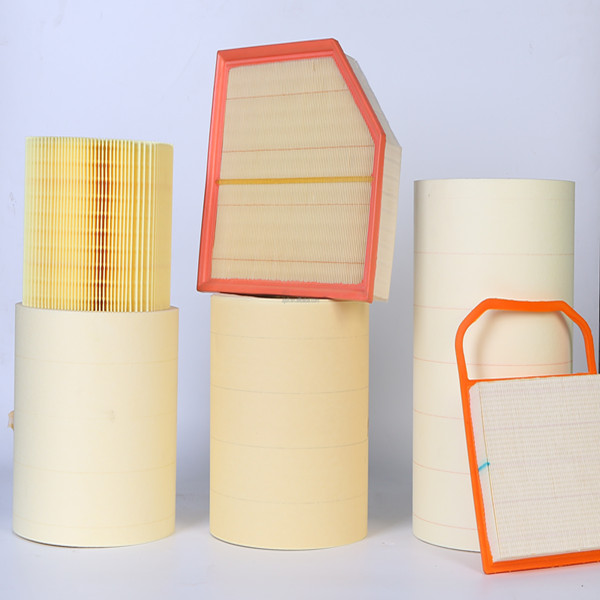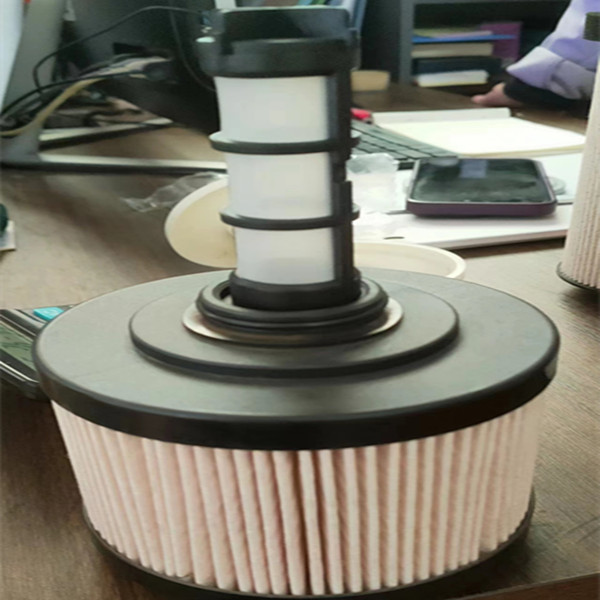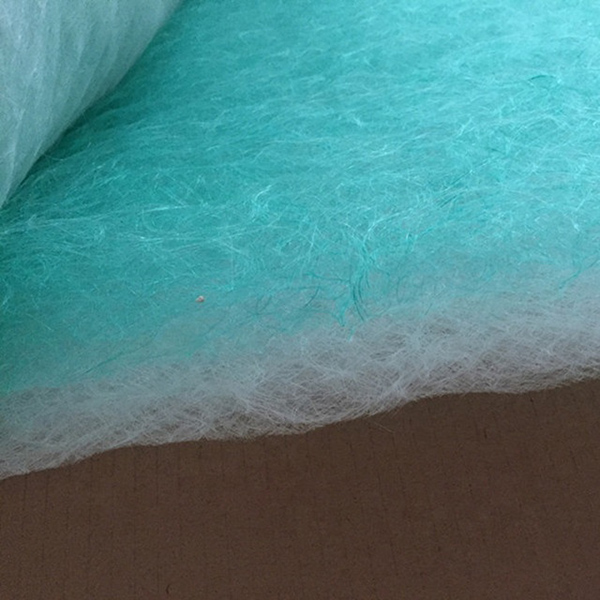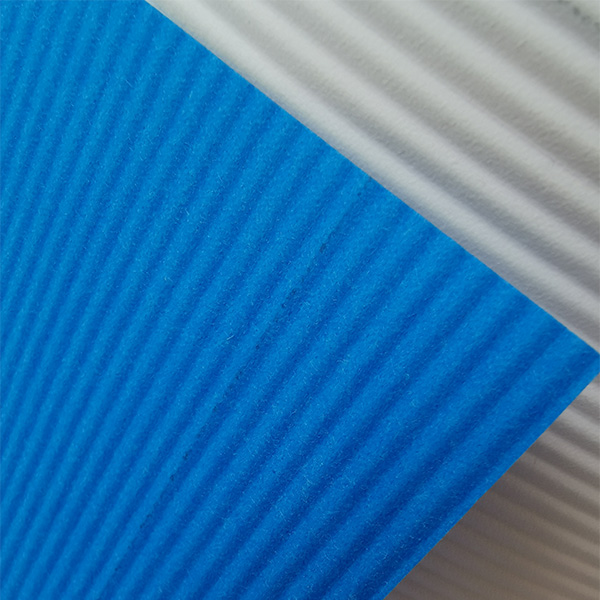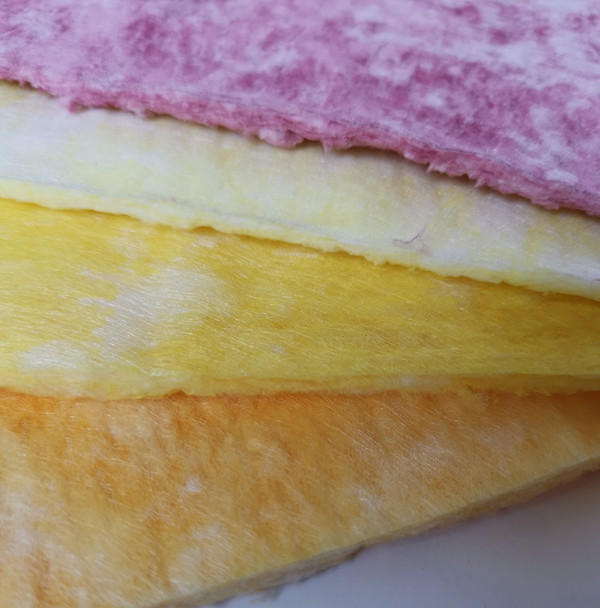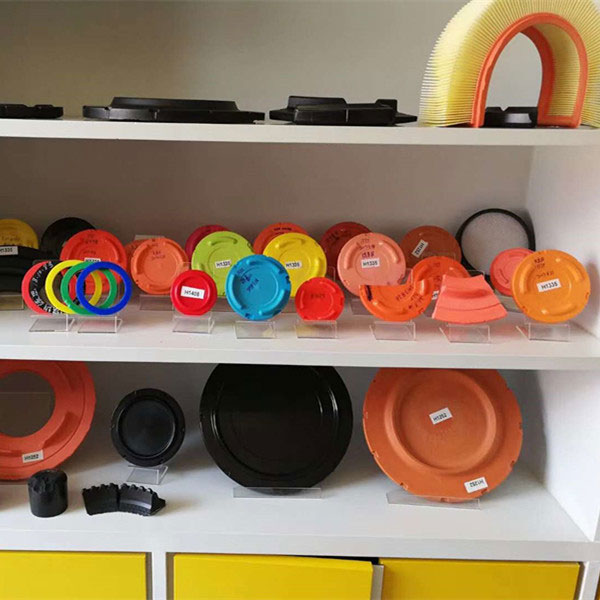In scientific research, pharmaceuticals, environmental testing, and food production, filtration is a critical step that cannot be compromised. Among the many options available, cellulose filter paper stands out for its reliability, consistency, and versatility. Whether in qualitative or quantitative analysis, this type of filter paper is a go-to material in laboratories across the globe.
Made from high-purity cotton linters or wood pulp, cellulose filter paper offers excellent retention capabilities and liquid flow performance. Its structure makes it ideal for gravity or vacuum filtration, supporting a wide range of applications from basic laboratory tests to high-end pharmaceutical processes.
One of the greatest strengths of cellulose filter paper is its adaptability. It can be found in circular, folded, or custom-cut forms to fit a variety of filter setups and funnel sizes. With grades available for both coarse and fine filtration, users can tailor the product to their exact requirements.
Beyond the lab, industries such as brewing, dairy, cosmetics, and chemicals rely on cellulose filter paper for process filtration. Its ability to trap particles without altering chemical composition makes it an indispensable tool in ensuring product purity and consistency.
Cellulose Filter Paper Suppliers: Partnering with Quality and Precision
Finding the right cellulose filter paper suppliers is vital for labs and industries where reliability and purity are non-negotiable. Whether you’re a research institute, biotech company, or food processor, the quality of the cellulose filter paper suppliers you choose directly impacts your operational efficiency.
Reputable cellulose filter paper suppliers offer more than just inventory—they provide technical support, compliance documentation, batch consistency, and traceability. For applications involving pharmaceutical development or regulated industries, certification to ISO or FDA standards is a must. Top-tier suppliers not only meet but exceed these expectations.
Global sourcing has opened up access to a wide range of cellulose filter paper suppliers, from specialized European manufacturers to innovative Asian producers. Still, it’s essential to verify each supplier’s quality control systems, production capacity, and track record before forming a long-term partnership.
In addition, great cellulose filter paper suppliers provide diverse product catalogs, including various pore sizes, dimensions, and options for pre-cut or customized sheets. They also support bulk ordering, ensuring that high-volume operations maintain seamless workflow without stockouts or delays.
Ultimately, your choice of cellulose filter paper suppliers can be the difference between accurate results and costly rework. It’s a decision that demands both research and trust.
Cellulose Paper Filter: Bridging Simplicity and Sophistication
Despite its simple appearance, the cellulose paper filter is a marvel of engineering. It achieves precise filtration without relying on complex machinery, making it one of the most accessible yet powerful tools in modern laboratories and industrial processes.
The cellulose paper filter operates on a straightforward principle: particles are trapped in the fibrous matrix while fluids pass through. But don’t let its simplicity fool you—the manufacturing of a cellulose paper filter involves precise control of fiber orientation, pore structure, and thickness to meet demanding specifications.
Available in grades for ash-free analysis, rapid filtration, and even microbiological testing, the cellulose paper filter can adapt to virtually any task. Scientists and technicians value its inertness, as it doesn't introduce impurities or interfere with sensitive chemical reactions.
Environmental labs rely on cellulose paper filter products for water and soil analysis, while food and beverage industries use them to clarify liquids and detect residues. The versatility of this product ensures its continued relevance in an age of rapidly advancing technology.
Moreover, advances in coating technology have allowed the cellulose paper filter to be enhanced for wet strength, chemical resistance, and hydrophobic properties—pushing the boundaries of what was once thought possible from such a humble material.
Cellulose Nitrate Membrane Filter Paper: Precision for Microfiltration
When ultra-fine filtration is needed—particularly in microbiology, clinical diagnostics, or pharmaceutical quality control—cellulose nitrate membrane filter paper becomes the preferred choice. This specialized form of filter is designed for applications where particle retention at the submicron level is essential.
Unlike traditional filter papers, cellulose nitrate membrane filter paper is manufactured with a controlled pore structure, enabling it to filter out particles as small as 0.2 microns. This makes it ideal for bacterial retention, sterilization tests, and particulate analysis.
Its high porosity ensures excellent flow rates, while the smooth, uniform surface of the cellulose nitrate membrane filter paper supports high-clarity imaging under microscopes. This is particularly valuable in colony counting and microbiological enumeration.
Many researchers choose cellulose nitrate membrane filter paper for its compatibility with a variety of staining techniques and its low extractables, which reduce the risk of analytical interference. Moreover, this type of membrane is often pre-sterilized or gamma-irradiated, making it suitable for direct use in aseptic environments.
In pharmaceutical and clinical settings, cellulose nitrate membrane filter paper is used in sterility testing, water testing, and endotoxin removal—applications that demand both consistency and confidence in every use.
Selecting the Right Filter: Matching Cellulose Filter Solutions to Applications
Choosing between a standard cellulose paper filter, advanced cellulose nitrate membrane filter paper, or products from trusted cellulose filter paper suppliers requires a clear understanding of your operational needs.
If your goal is to separate solids from liquids in simple chemical reactions or quality checks, a regular cellulose filter paper will likely meet your needs. It’s cost-effective, readily available, and versatile. Grades vary based on speed, particle retention, and ash content—important for gravimetric analysis.
On the other hand, if your application involves detecting microorganisms, viruses, or trace particulates, cellulose nitrate membrane filter paper offers the precision you need. Its fine pore structure, low protein binding, and high throughput make it suitable for laboratory-grade filtration where no compromises can be made.
Before placing a bulk order, consult with experienced cellulose filter paper suppliers to ensure that the grade, size, and packaging options are appropriate. Some suppliers offer trial kits or technical consultations to help optimize product selection for your particular use case.
Even within the same facility, different departments may need various types of cellulose paper filter products—from coarse filtration in raw material prep to ultra-fine filtration in final product testing. Understanding these distinctions helps maximize efficiency and accuracy across operations.
FAQs About Cellulose Filter Papers and Membranes
What is the primary use of cellulose filter paper?
Cellulose filter paper is primarily used for filtration in laboratories and industrial processes. It separates solids from liquids during chemical reactions, sample prep, and product testing. It’s essential in industries like food safety, pharmaceuticals, and environmental monitoring.
How do cellulose filter paper and cellulose nitrate membrane differ?
While both are used for filtration, cellulose filter paper is best for general filtration tasks with larger particles. In contrast, cellulose nitrate membrane filter paper is designed for microfiltration and bacterial retention, featuring uniform pore sizes and a high surface area for precision tasks.
Are all cellulose filter paper suppliers the same?
No. Cellulose filter paper suppliers vary in quality, certification, and service offerings. Trusted suppliers provide quality control documentation, offer multiple grades and sizes, and support technical consultations. Choosing the right supplier ensures you get consistent, lab-grade products suited to your needs.
Can cellulose paper filter be reused?
In most cases, cellulose paper filter products are designed for single-use applications to ensure purity and prevent cross-contamination. Reusing filter paper can compromise results, especially in analytical or microbiological applications where sterility and accuracy are critical.
How do I choose the right pore size for cellulose nitrate membrane filter paper?
The pore size depends on your application. For bacterial retention, a 0.2 or 0.45 micron cellulose nitrate membrane filter paper is typically used. For particle analysis or sterile filtration, consult manufacturer guidelines or technical support to match the right membrane grade to your filtration goal.
Post time: Jun-18-2025

